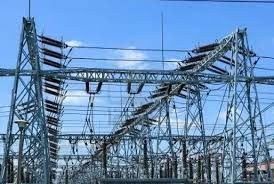In Nigeria, the situation with electricity is very challenging. Many areas experience frequent power outages, making it difficult for people to rely on a steady supply of electricity.

This has a significant impact on those who work regular 9-5 jobs, affecting their daily routines and productivity.
Disruption Of Work
Imagine starting your workday at 9 a.m., ready to tackle tasks, only to have the power go out suddenly.
Without electricity, computers, phones, and other essential work tools become useless expect you have generator and sufficient fuel.
Loss of Productivity
Power cuts disrupt workflow, leading to delays in completing tasks. Workers may spend valuable time waiting for power to come back on, affecting their productivity and efficiency.
Inconvenience
Lack of electricity means no air conditioning or fans in hot weather, making the work environment uncomfortable and difficult to focus in.
Impact on Communication
Without electricity, internet connections are lost, affecting communication via email, messaging, and video calls. This can hinder collaboration among team members.
Increased Stress
Constant power outages add stress to workers already dealing with deadlines and workload. It becomes a challenge to meet expectations when faced with unpredictable electricity supply.
Solutions and Adaptations
Some workers invest in generators or backup power sources, but these come with additional costs.
Working Overtime
To compensate for lost time during power cuts, workers may find themselves working longer hours, affecting work-life balance.
Economic Impact
Electricity shortages not only affect individual workers but also impact businesses and the economy as a whole. Companies may struggle to meet deadlines and deliver on time.
People also read: These States May Enjoy 24-hours Electricity Soon. Is Your State Among?

